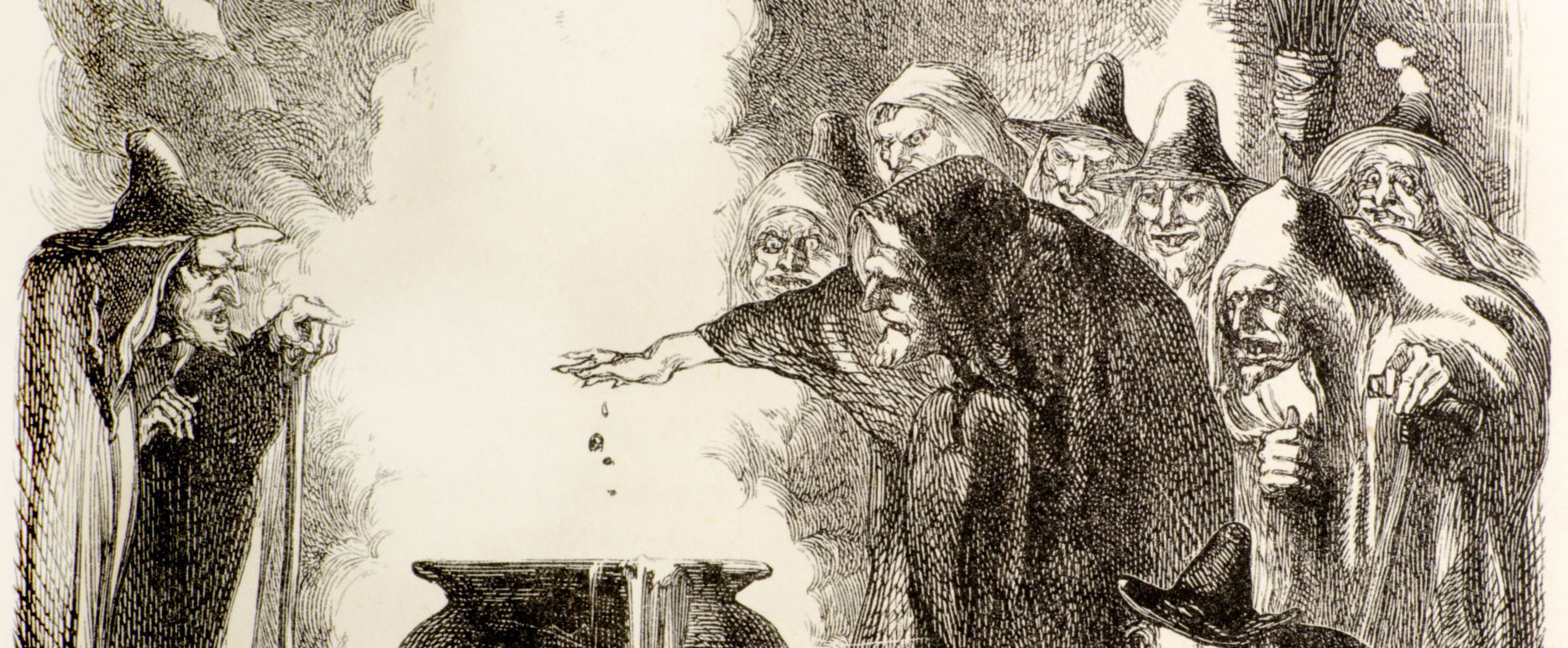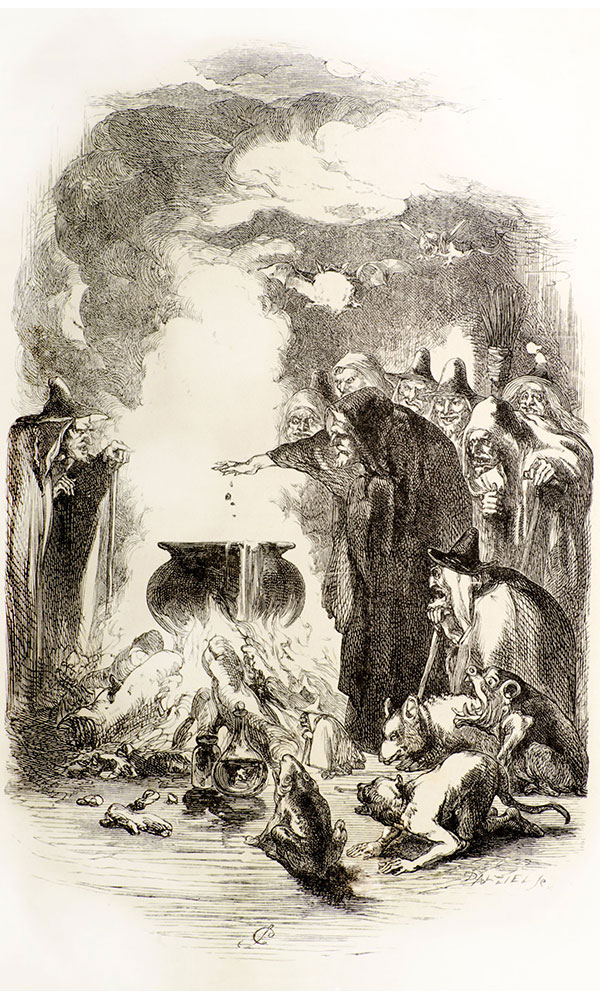CARDIFF, WALES—Cardiff University announced that researcher Philip Staudigel and his colleagues at the University of Miami and Valencia College studied possible cooking techniques used by the first residents of the island of Puerto Rico some 2,500 years ago. The scientists employed a type of chemical analysis known as clumped isotope geochemistry to analyze some 45 pounds of fossilized clamshells, and found that some of the shellfish were exposed to high heat, as if they had been barbecued, rather than boiled in water at a lower temperature. Staudigel suggests that pottery technology, which would have been necessary for boiling the clams in water, may not have been in widespread use. Some of the clams had been exposed to lower levels of heat, he added. They may have been placed on top of clams that had been placed directly over cooking fires. To read about a cave on an island west of Puerto Rico that contains both Taino and European inscriptions, go to "Spiritual Meeting Ground," one of ARCHAEOLOGY's Top 10 Discoveries of 2016.
Puerto Rico’s Possible Ancient Cooking Techniques Examined
News December 6, 2019
SHARE:
Recommended Articles
Artifacts July/August 2025
Maya Ceramic Figurine
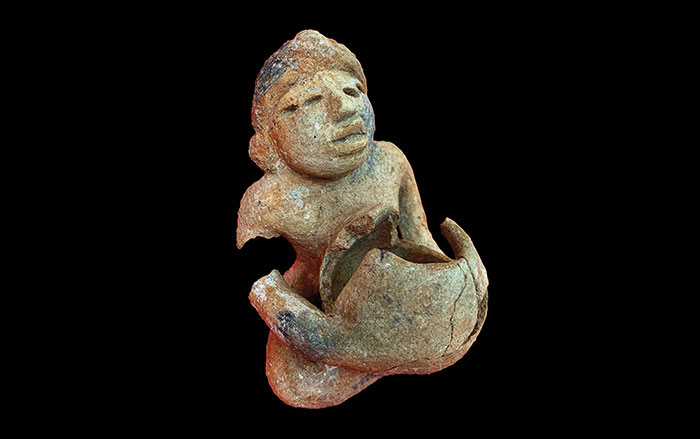
Courtesy Ken Seligson
Off the Grid July/August 2025
Vichama, Peru
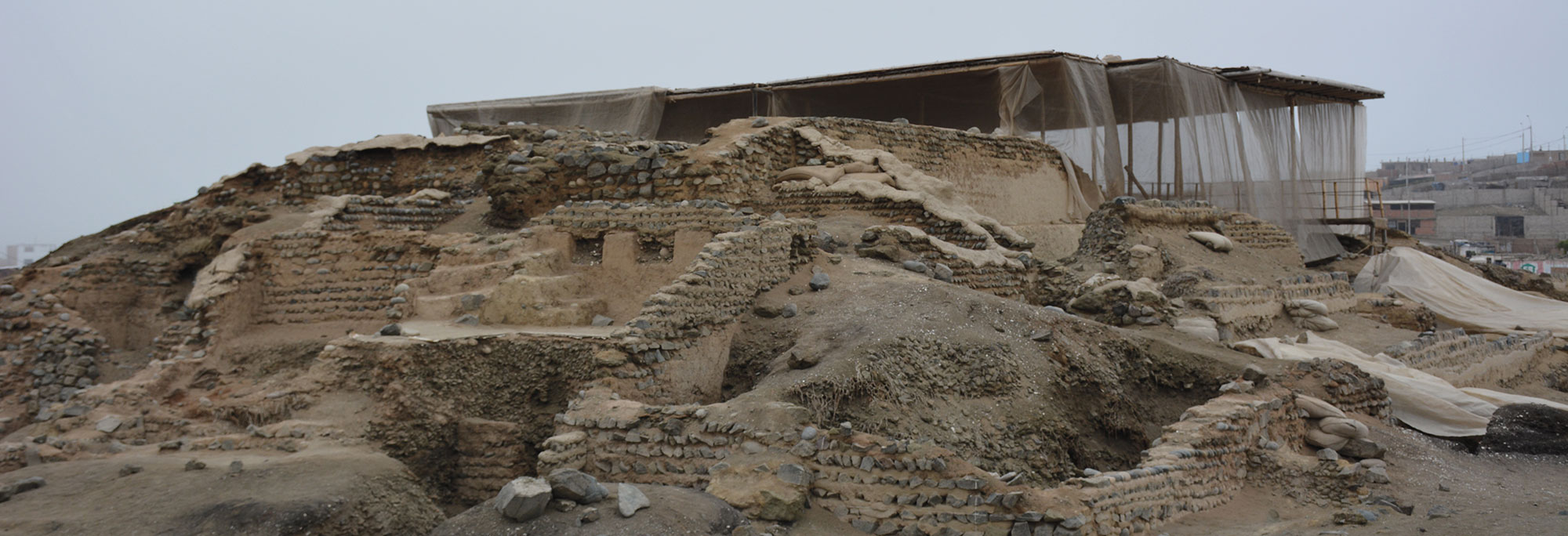
Lisa Trever
Digs & Discoveries July/August 2025
Bound for Heaven
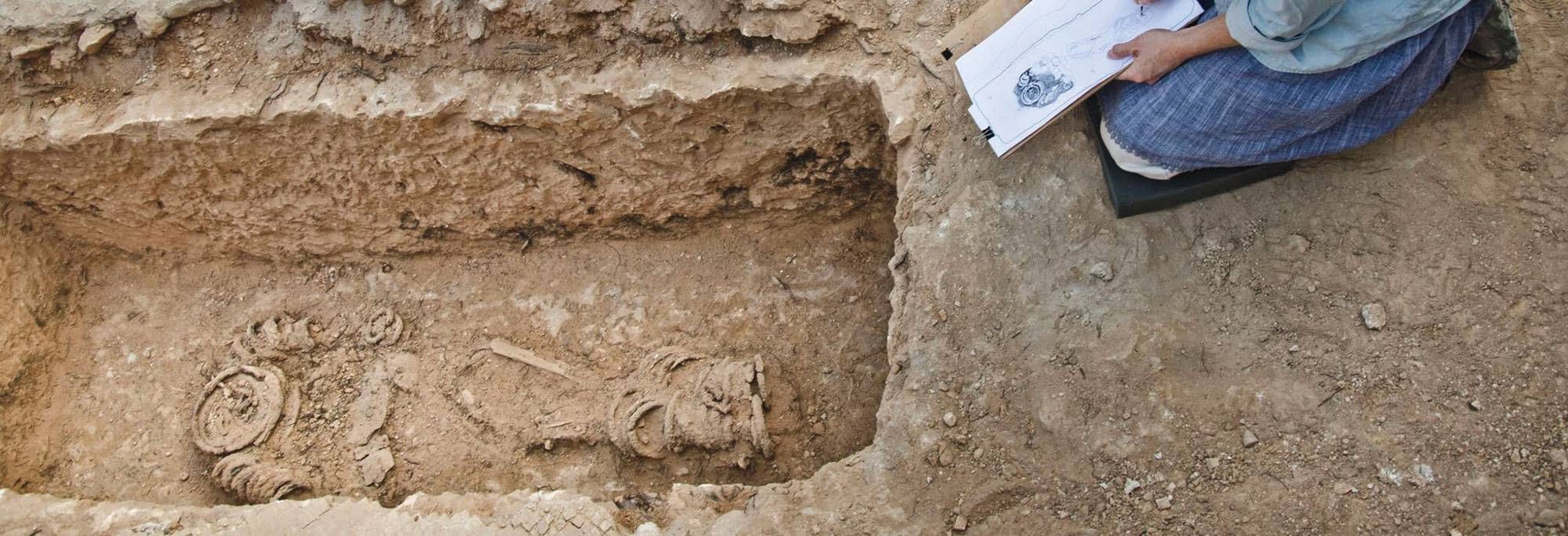
Yoli Schwartz, Israel Antiquities Authority
Digs & Discoveries July/August 2025
Saints Alive
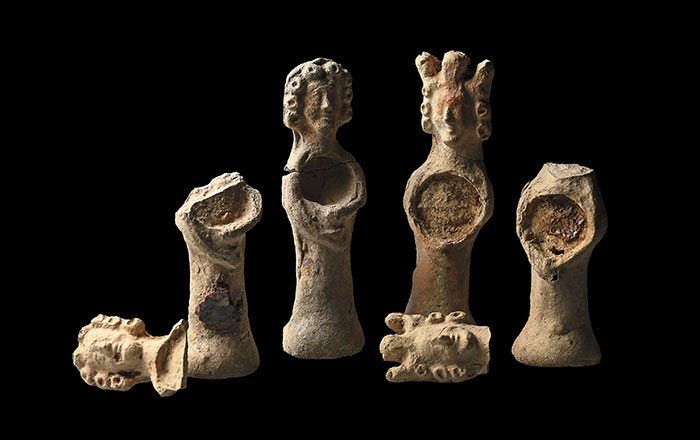
Berlin State Monument Office, Julia-Marlen Schiefelbein
-
Features November/December 2019
Artists of the Dark Zone
Deciphering Cherokee ritual imagery deep in the caves of the American South
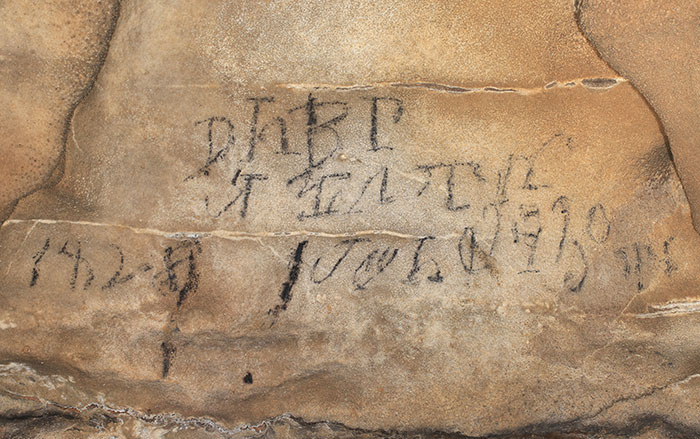 (Alan Cressler)
(Alan Cressler) -
Letter from Jordan November/December 2019
Beyond Petra
After the famous city was deserted, a small village thrived in its shadow
 (Ivan Vdovin/Alamy Stock Photo)
(Ivan Vdovin/Alamy Stock Photo) -
Artifacts November/December 2019
Australopithecus anamensis Cranium
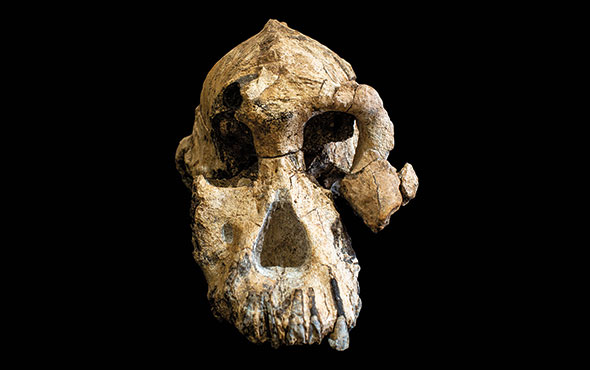 (Dale Omori/Cleveland Museum of Natural History)
(Dale Omori/Cleveland Museum of Natural History) -
Digs & Discoveries November/December 2019
Proof Positive
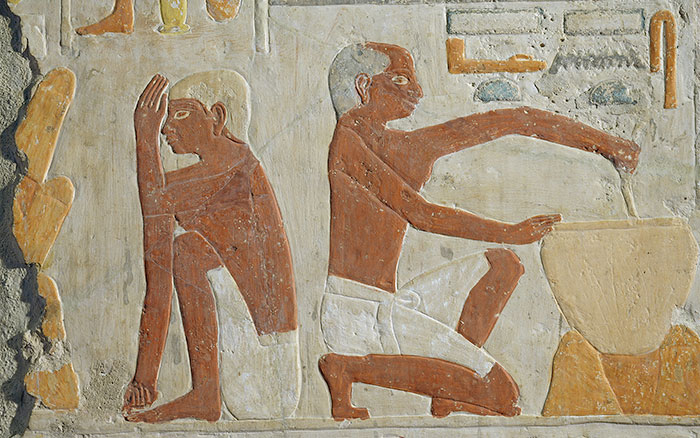 (Erich Lessing/Art Resource)
(Erich Lessing/Art Resource)


